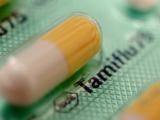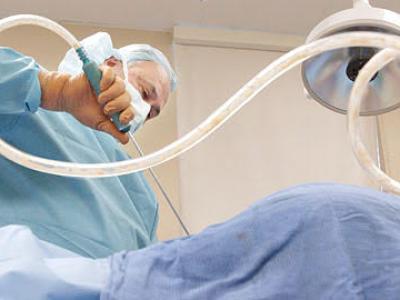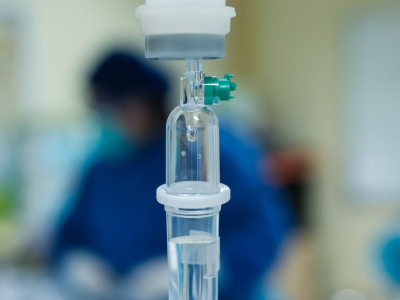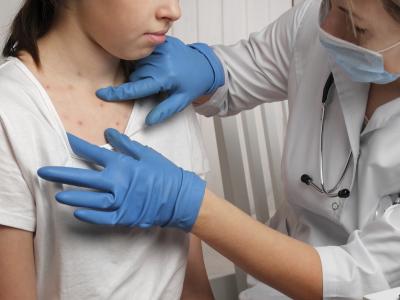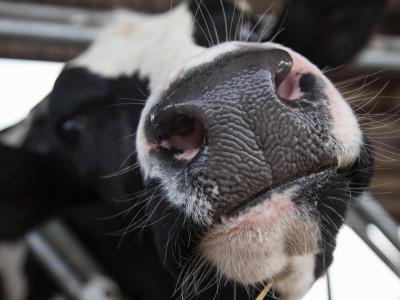Dec 22, 2009 (CIDRAP News) – MedImmune Inc. today announced a recall of leftover doses from 13 lots of its nasal-spray H1N1 vaccine because of a slight loss of potency, but the company said those who received doses from the affected lots don't need to be revaccinated.
The company and the US Food and Drug Administration (FDA) said there are no safety problems with the recalled doses.
The 13 lots amounted to 4.7 million doses, but most of those were used in October and November and were still fully potent at the time, according to the company and the FDA. They were distributed nationwide.
"Most of the doses were shipped to vaccine providers in the first few weeks of the vaccine campaign, during a time when the vaccine potency was still at or above the recommended level," the company said in a question-and-answer statement.
At a press conference today, Norman W. Baylor, PhD, director of the FDA's Office of Vaccine Research and Review, said only about 3,000 doses from the lots have not been shipped to vaccine providers.
"Most of this has been used, and most of it was used in October and November, and at that time it met the potency specification," he said. "This is a precautionary measure to make sure any doses that remain, we get those back."
Baylor added that some vaccine from the affected lots may be in the possession of state health departments or healthcare providers. "If there are any, the company will be sending out a notification to the healthcare providers to inform them that these particular lots have been recalled," he said.
MedImmune's announcement said, "The slight decrease in vaccine potency is expected to have little, if any, impact on the response to vaccination. Revaccination is not recommended because the vaccine in the affected lots is still expected to be effective in stimulating a protective immune response.
"These doses were well within potency specifications at the time they were distributed, and in fact, some of the doses being recalled are actually still within required potency limits. In exercising the most conservative approach, MedImmune is recommending that all lots marked with an expiration date of between January 19 and January 26, 2010, not be used."
The company explained that routine testing showed 9 of the 13 lots had reduced potency. The other four lots were produced at a slightly higher potency to limit the chance of declining too much before expiration, but they are also being recalled because there is a chance that will happen.
"The shelf life for the product is 18 weeks," said Baylor. "It hasn't gone over that."
He said the FDA and the company are looking into the cause of the reduction in potency. "You have to realize these are biologicals; they are made from a living organism," he said. "It's not abnormal to see a vaccine decrease in potency before the end of expiry."
When he was asked to quantify the vaccine's decline in potency, Baylor said, "Some of these are falling about a tenth of a log outside their specification."
The nasal-spray vaccine contains no preservative, unlike multidose vials of injectable H1N1 vaccines.
MedImmune said children 9 years old or younger who have received one dose of the vaccine should still get their second dose, as recommended.
The MedImmune recall comes just a week after Sanofi Pasteur recalled four lots of its injectable H1N1 vaccine because of a small decline in antigen levels. The vaccine was in prefilled syringes intended for children 6 through 35 months of age.
The Sanofi recall affected about 800,000 doses that had been distributed nationwide in November. The FDA and the Centers for Disease Control and Prevention said the small decline potency was unlikely to reduce the immune response in those who had received the vaccine.
See also:
MedImmune recall letter
http://www.medimmune.com/pdf/H1N1_Recall_letter_122209.pdf
MedImmune question-and-answer statement
http://www.medimmune.com/pdf/H1N1_Recall_QandA_122209.pdf
Dec 15 CIDRAP News story "Sanofi recalls some pediatric pandemic vaccine doses"







